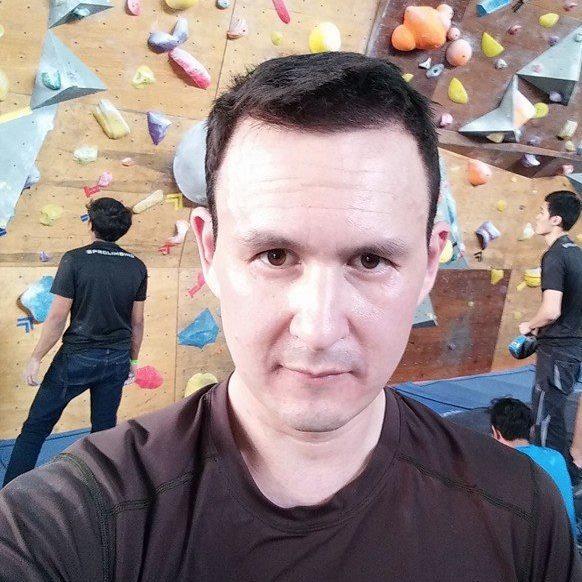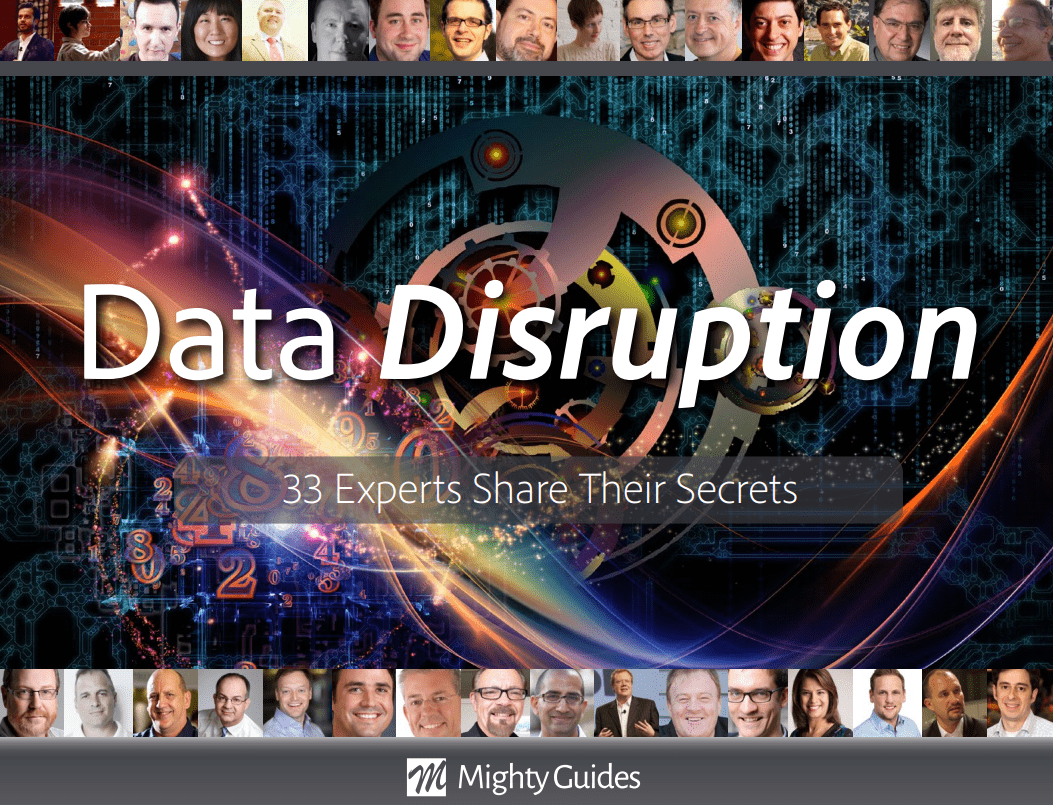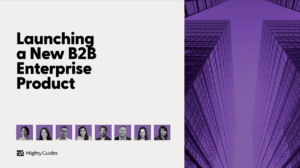
Allen Day, Google, Evangelist (Genomics / Cloud)
What If
- HIGH-DENSITY SENSOR
DATA ARE MOVING US
CLOSER TO CRACKING THE
“BLACK BOX” OF BIOLOGY. - BIG DATA SCIENCE IS GOING
TO BE A MAJOR PART OF
THIS DISRUPTION, BUT
ULTIMATELY WE WILL
NEED NEW COMPUTER
ARCHITECTURES.
“I sometimes think of biology as a black box that we are trying to reverse-engineer.”
Computers are all about simulations and testing what-if scenarios. We can create realistic three-dimensional simulations in physics engines because we understand the underlying theory—the laws—of physics. We do not have that advantage in biology, which has no underlying theoretical basis. Today’s biology is a descriptive science and this limits our ability to test hypotheses and get to the roots of many medical problems that continue to baffle us, particularly at the molecular level. We can, however, collect massive volumes of high-density biological data, especially from sensors. With the arrival of superfast, in-memory computation, we begin to process and analyze those data.



